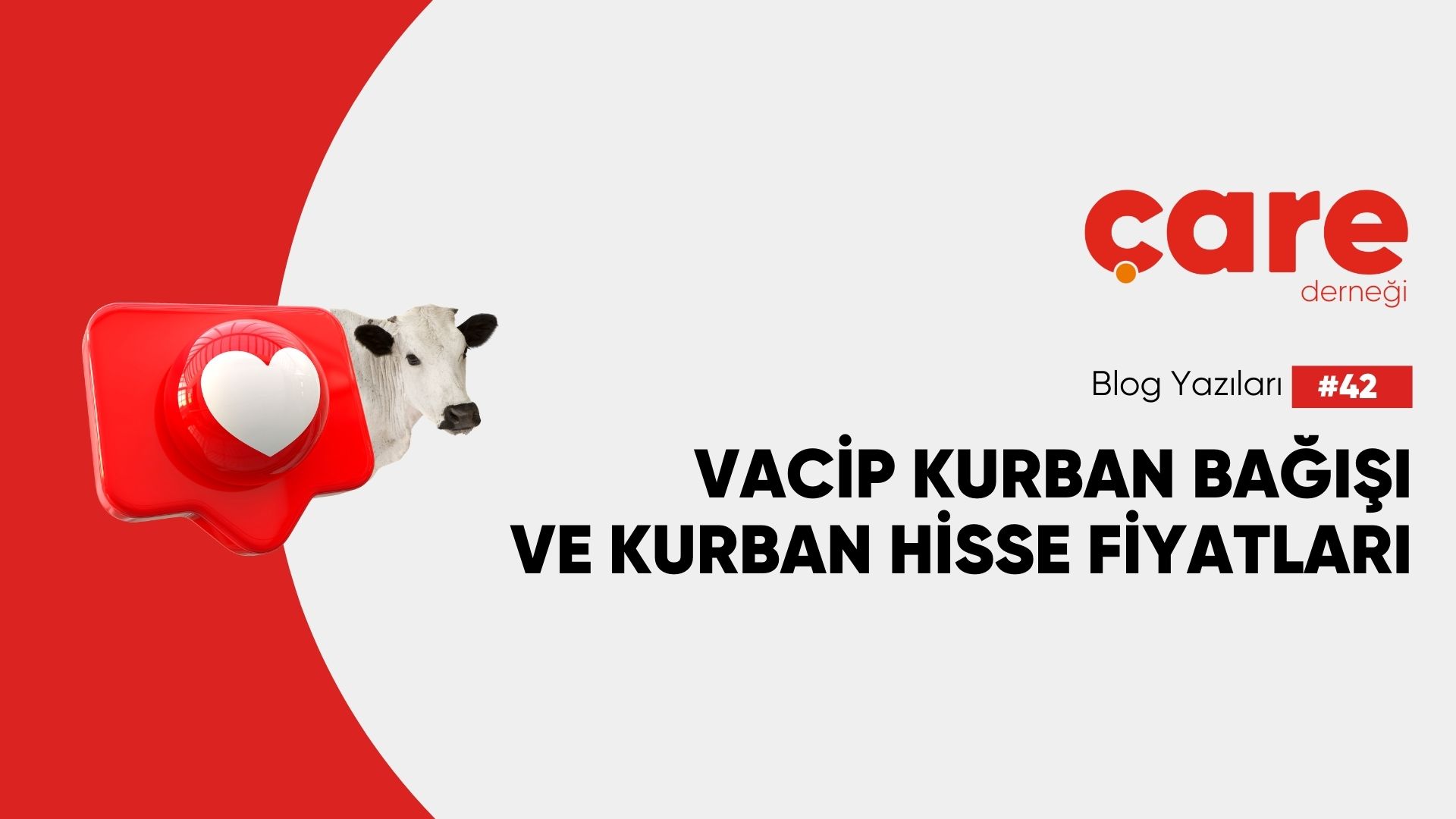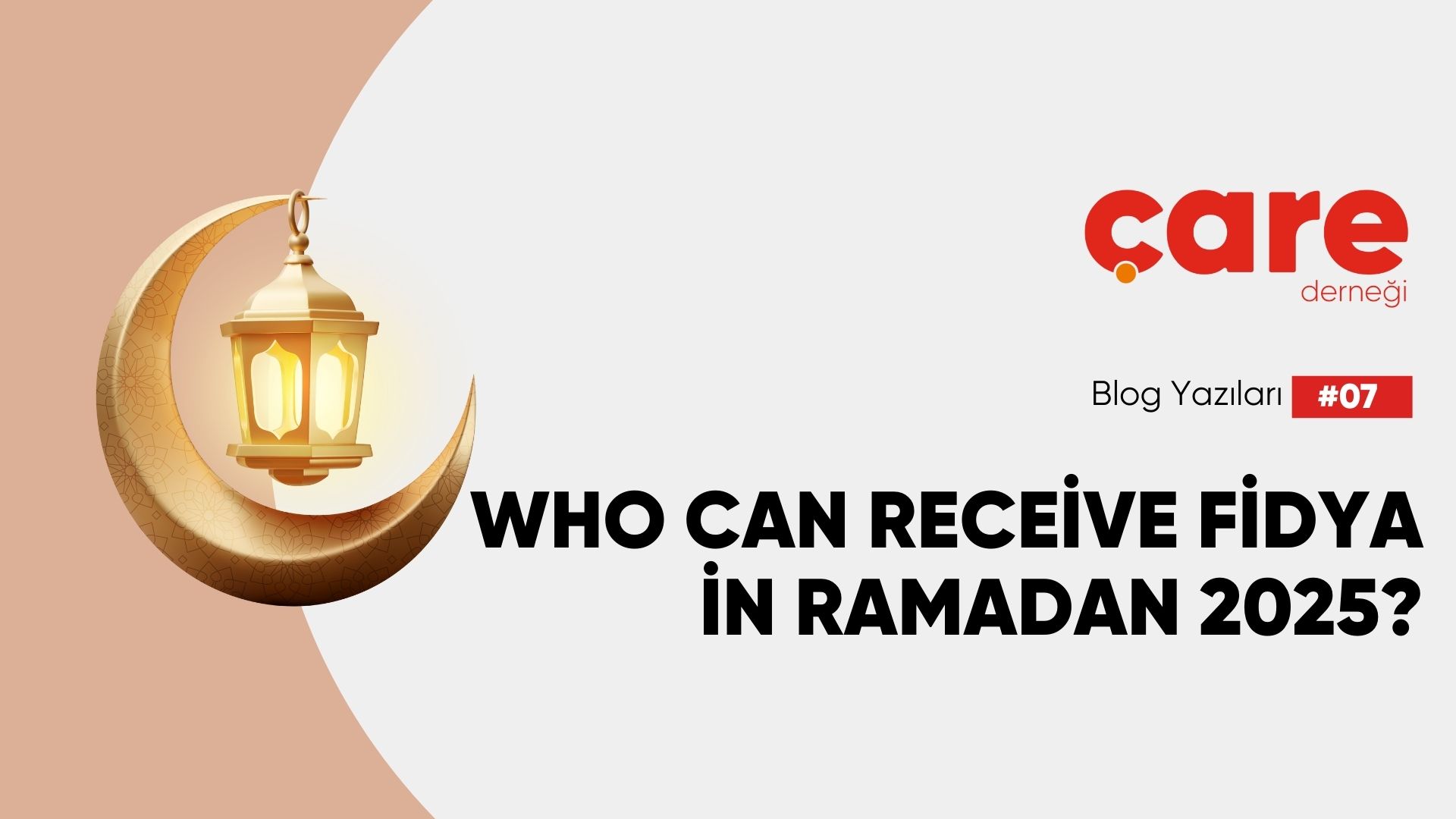Who Can Receive Fidya in Ramadan 2025?
Fidya is a monetary compensation paid by individuals unable to fast, serving as a fulfillment of a religious obligation. This act of worship is significant both in meeting a person’s religious duty and in providing support to those in need. So, who can receive fidya, when should it be paid, and what should be considered when fulfilling this obligation? Here are all the details:
What is Fidya?
Fidya is a form of assistance provided by individuals who cannot fast due to reasons such as old age, chronic illness, or other valid excuses. It involves feeding a poor person for each missed day of fasting. The Qur’an describes this practice as follows:
“For those who are able to fast with hardship—such as the elderly or those with a chronic illness—a ransom of feeding a poor person is required.” (Al-Baqarah, 2:184)
The minimum amount of fidya is equivalent to Sadaqah al-Fitr, which is enough food to satisfy a person for a day or its monetary equivalent. Giving more is considered more virtuous.
Who Can Receive Fidya?
Fidya should only be given to those in need. Key considerations include:
Needy Muslims Not Financially Dependent on the Donor
Fidya can be given to individuals eligible for zakat or Sadaqah al-Fitr. However, it cannot be given to the following:
- One’s spouse, children, grandchildren, or their descendants,
- One’s parents, grandparents, or ancestors.
One or Multiple Recipients
Fidya can be distributed to one or multiple needy individuals. Families struggling to meet their basic needs, especially during Ramadan, are ideal recipients. Donations such as Ramadan Fitr Donations and Fidya Donations provide significant support to these groups. Both methods—giving fidya to a single person or distributing it among multiple individuals—are permissible.
People in Crisis-Stricken Areas
Individuals affected by war, famine, and natural disasters are among the primary targets of fidya. For example, you can contribute to Africa food donations, supporting hunger-stricken regions, or participate in international iftar programs to bring the blessings of Ramadan to people in need across the globe.
During or After Ramadan
Fidya can be paid during Ramadan, as well as before or after the holy month. For instance, fidya for missed fasts from previous years can also be paid at a later time.
Conditions for Paying Fidya
To ensure the validity of fidya, the following conditions must be observed:
- Inability to Pay Fidya: Those unable to fast or afford fidya are exempt from this obligation and should instead seek forgiveness from Allah.
- Change in Health Conditions: If an individual regains their health after paying fidya and becomes capable of fasting, the fidya given will not suffice. They must make up for the missed fasts.
- Death and Fidya (Isqat al-Sawm): If someone passes away without paying fidya for missed fasts, it should be paid from their estate. This process is known as Isqat al-Sawm.
Where Can You Donate Fidya?
You can deliver your fidya to those in need through trusted charitable organizations. Çare Association ensures your fidya donations reach those in need worldwide and utilizes them in the following ways:
- Supporting Africa food donation projects to combat hunger in affected regions,
- Providing food for orphans through orphan food donations,
- Participating in international iftar programs to share the blessings of Ramadan.
Fidya is a way for those unable to fast to fulfill their religious obligations and a beacon of hope for the less fortunate. By contributing to Ramadan donations, Fitr donations, or fidya, you can extend your support to those in need and spread the blessings of Ramadan globally.
Throughout Ramadan, you can bring goodness to the world with fidya, zakat, and iftar donations. Join our call, “Let Our Table Be the Solution!”, and bring hope to our brothers and sisters in crisis-stricken regions.
Remember, the best time to spread goodness is right now.
- 2025 Vacip Kurban Bağışı ve Kurban Hisse Fiyatları2025 vacip kurban bağışı, kurban hisse fiyatları, Afrika'da Kurban ve 2025 Kurban Bayramı hakkında detaylı bilgi için tıklayın.

- When is Berat Kandili? 2025 Berat NightWhen is Berat Kandili in 2025? Learn about the significance, virtues, prayers, and recommended acts of worship for Berat Night in
- How Much is the 2025 Fidya? Who Should Give It?Who is eligible to receive fidya in Ramadan 2025? How is it calculated? Learn all the details in our article!
- 2025 Ramazan Fitresi Ne Kadar? Kimlere Verilir?Diyanet İşleri Başkanlığı, 2025 yılı Ramazan fitresi miktarını 180 TL olarak belirledi. Fitre kimlere verilir, nasıl bağışlanır? Detaylar bu yazımızda!

